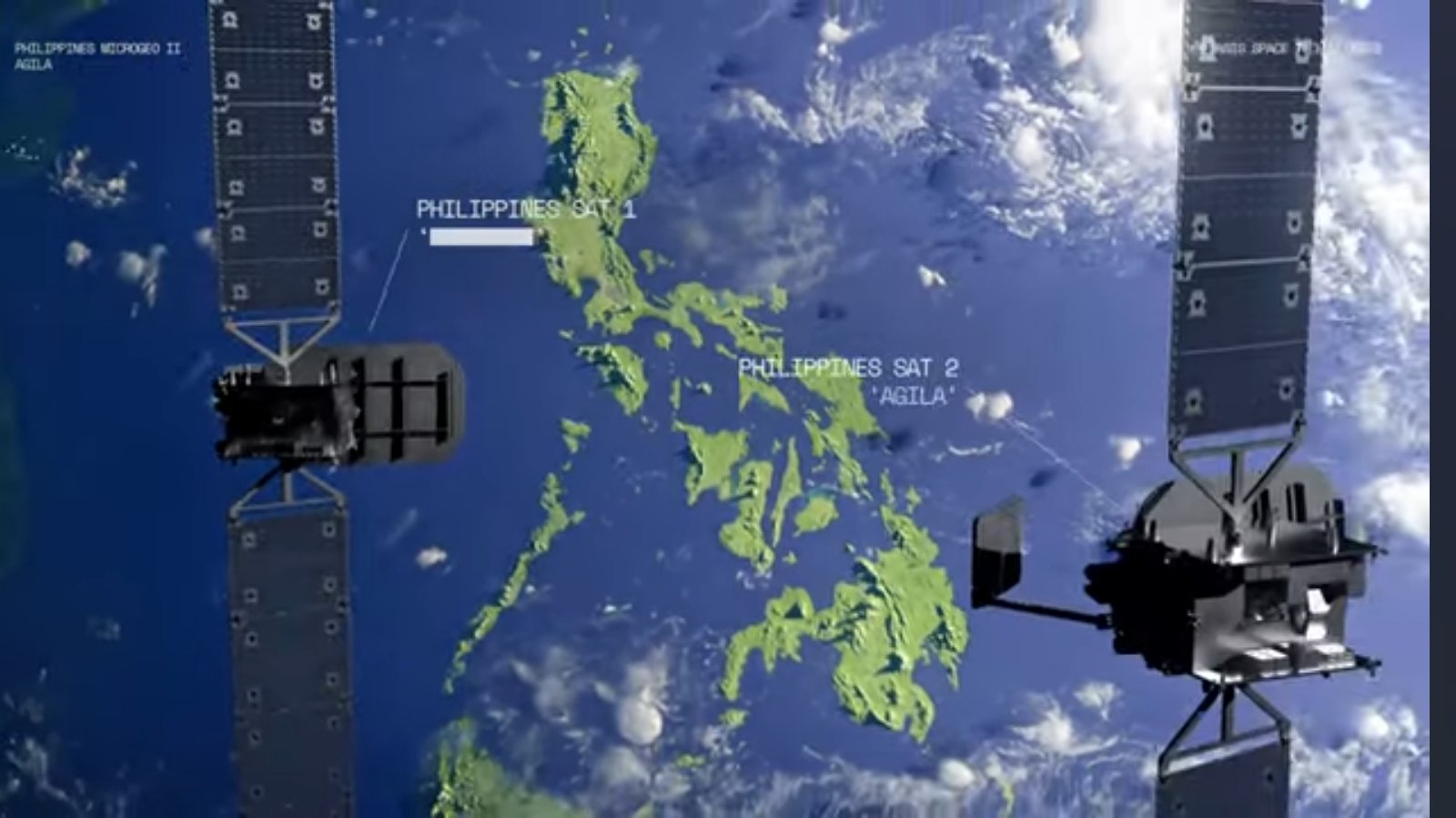DICT plans to utilize bandwidth from 'Agila' satellite initiative
By Sonny Daanoy
The Department of Information and Communications Technology (DICT) on Friday, Jan. 5, explained the potential utilization of the Philippines' first dedicated satellite, "Agila" (Great Philippine Eagle).

"Once that (Agila Satellite) becomes operational, we can now access the bandwidth offered by the satellite," DICT chief Ivan John Uy said during a radio interview via Radyo Pilipinas.
"If the government wishes to use it, we can pay them to provide the necessary bandwidth for our Vsats (Very small aperture terminal) stations," he added in a mix of English and Filipino.
Astranis, a company specializing in constructing small, cost-effective telecommunications satellites, extended its partnership with Orbit company last November 2023 to launch a dedicated satellite exclusively for the Philippines.
The initiative, valued at a USD400 million partnership, aims to bridge the digital divide and promote the country's digital transformation.
READ:
https://mb.com.ph/2023/11/16/ph-to-get-first-internet-satellites-exclusively-for-far-flung-areas
Meanwhile, Uy explained that the planned launch date for the Agila satellite is in the first quarter of 2024. This is due to the targeted location of the satellite, which is 32,000 kilometers (km) from Earth.

"After the launch, it will take at least three months for the satellite to travel from where it was deployed to its permanent position in space," he said.
"So, once the satellite is launched and reaches the Kármán line (boundary separating Earth's atmosphere and outer space), it will deploy, and it will take about three months for the satellite to reach the position where it will be deployed, open up, and go into geostationary orbit," he added.
However, the DICT chief emphasized various "variables" that could affect the planned satellite launch.
"Some satellites have had successful launches but encountered issues during deployment. For instance, solar panels may fail to open, rendering the satellite inoperable," Uy said.
In this context, Uy explained to the public to exercise caution in managing their expectations.
"We can look forward to it, but we have to be very cautious not to set over expectations," he said.
"While we hope for success, we must also anticipate potential issues that may arise," he explained.